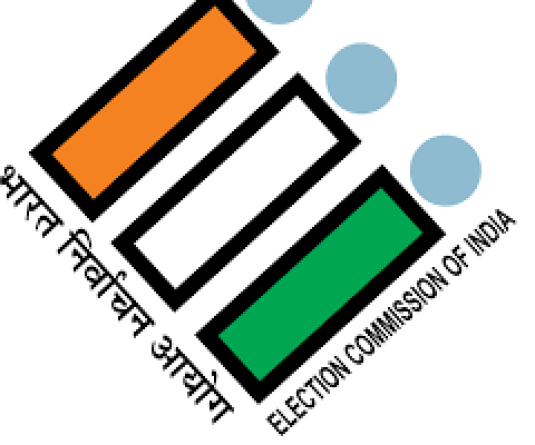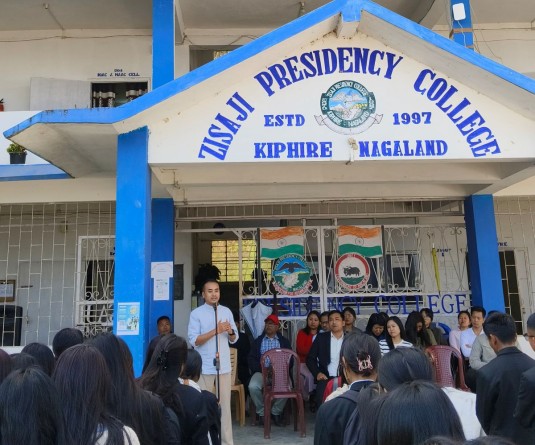
Our Correspondent
Kohima | August 6
Nagaland is seeking a one-time special grant for various priority requirements of the Urban Local Bodies (ULBs) for Nagaland.
Chief Minister Neiphiu Rio said a proposal on this has been submitted to the central government and he will be leaving for New Delhi on August 7 to meet the Ministry of Housing & Urban Affairs.
“Understanding the present situation where most of our ULBs are even without a designated office building, I have committed for a one-time grant for enabling the elected ULBs to set-up a working space either in an existing government building or a rented place,” Rio emphasized while addressing a two-day orientation workshop for elected councillors of ULBs in Kohima on August 6, organized by the Department of Municipal Affairs, Nagaland.
He maintained that the same requirement has been reflected by the 3rd State Finance Commission in its report and provision for construction of ULB office building will be made available either from central or state government.
Rio also observed that the balance sheets of the ULBs in Nagaland indicated a major portion of revenue income earned by the larger ULBs is being spent towards payment of salaries/ wages of the ULB staffs.
“This is a severe case of 'disguised unemployment' where part of work force is either left without work or is working in a redundant manner such that productivity is essentially nil,” he noted while adding that such trend needs to be discontinued “since it negates the already limited revenue income of the ULBs.”
Rio also urged the elected representatives not to view the ULBs as employment agencies but to be frugal in proposing for employment of workforce.
Govt releases Kohima & Dimapur liability salaries
The Chief Minister, meanwhile, informed that the government has released the old/ previous liability of Kohima and Dimapur of five month salary amounting to Rs 7.76 crores.
Unlike the other local self governments in the country which are self-sufficient with majority of their revenue being derived from property tax, our urban local bodies are limited due to our local conditions, Rio pointed out.
“However, it is our collective responsibilities to find alternative solutions in making our local bodies sustainable,” he said.
Rio highlighted that one way of doing it is by way of focusing more on creating revenue-generating assets such as market complexes, multi-purpose halls, recreational parks, car parking spaces, ULB owned hotels, etc. with the grant-in-aid from the central/as well as state government wherever permissible.
Stating that the challenges “we face in urban governance are complex and multifaceted,” Rio said it requires a collaborative approach involving the government, private sector, civil society and all the citizens.





